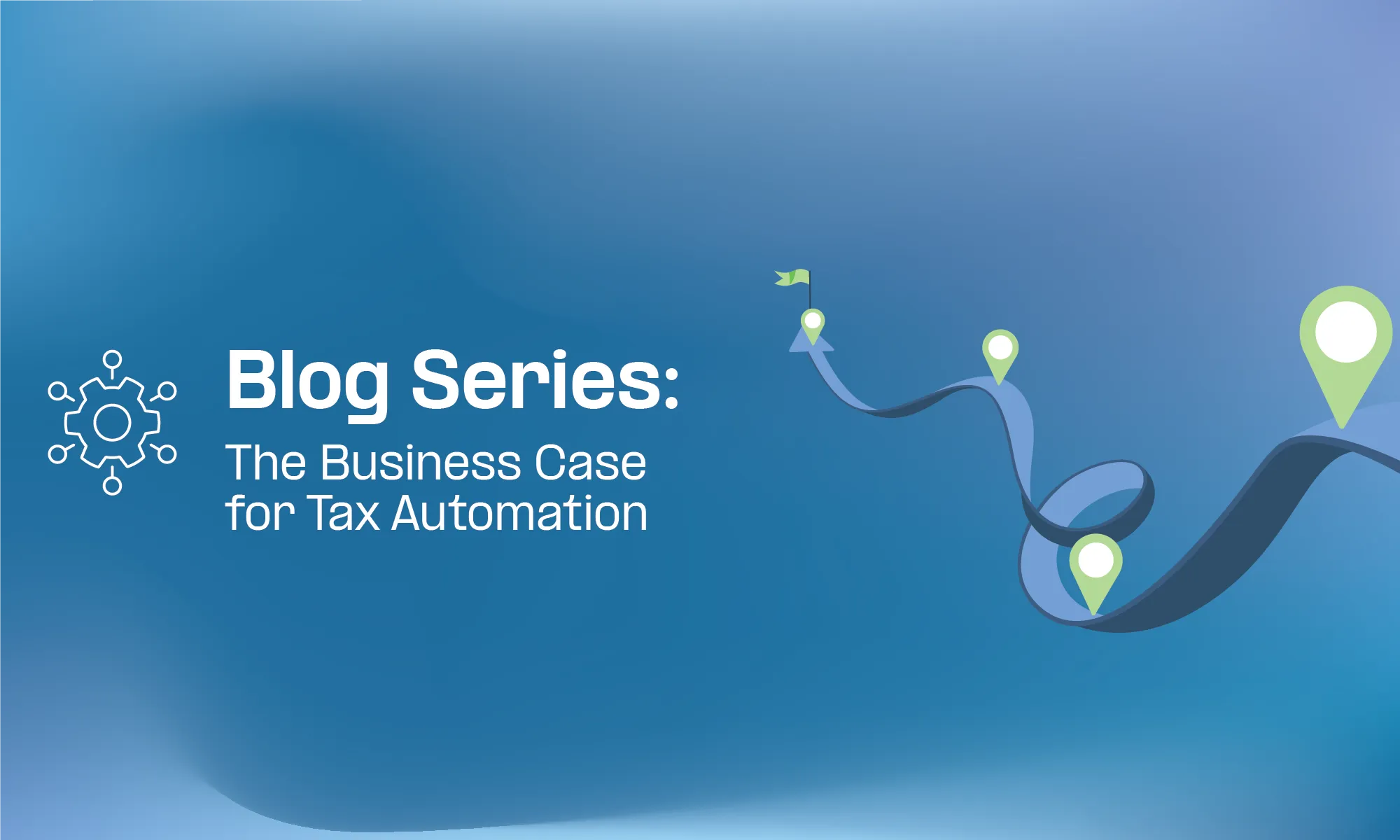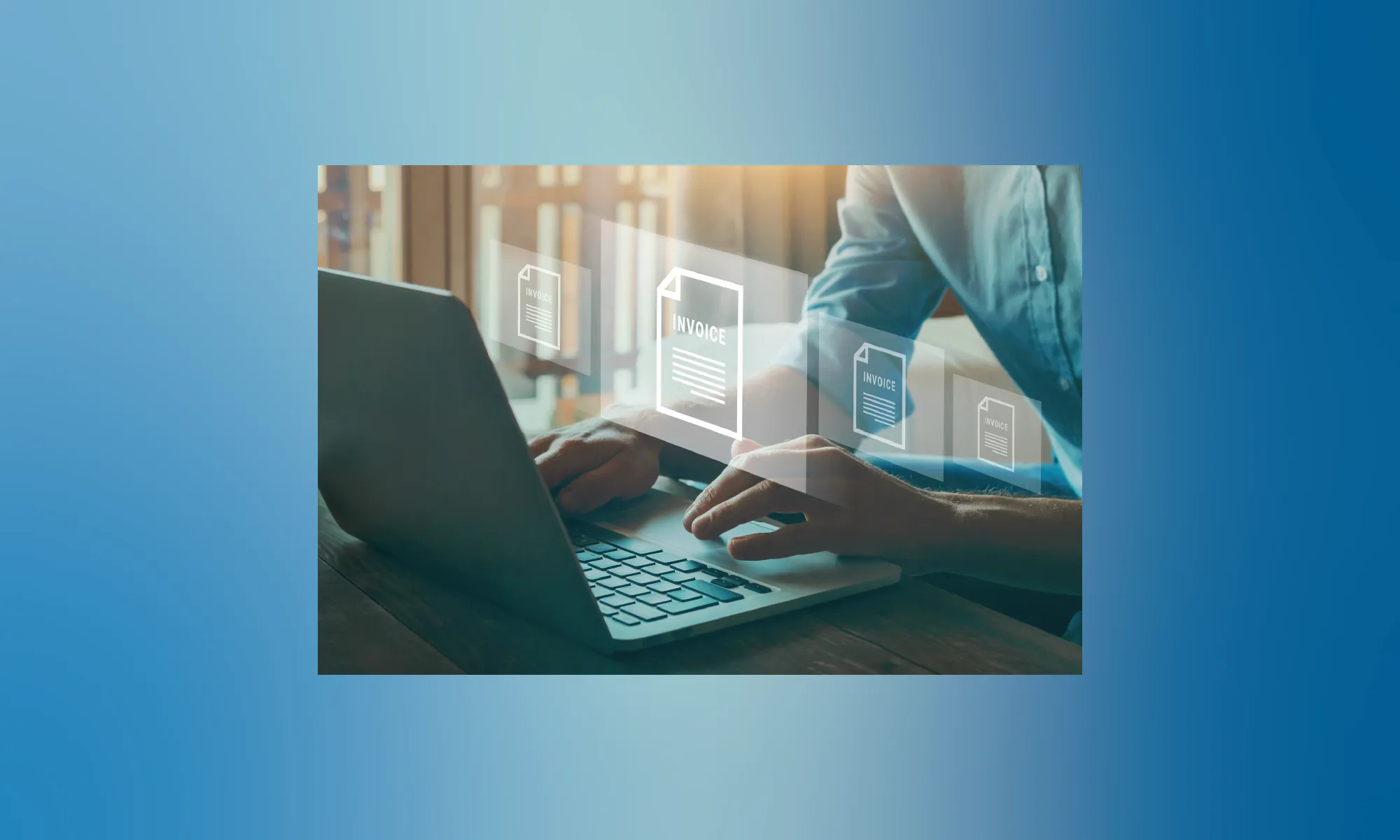In order to minimize the administrative burden on taxpayers and to maximize the available information to the Croatian Tax Authorities in a structured format, the Croatian Ministry of Finance and the Croatian Tax Administration has launched the Fiscalization 2.0 project.
For now, there are no official documentation or specifications available yet.
Timeline
The project should end by December 2024.
Impact
According to the available information the final product of the project will be an implemented e-invoicing platform with integrated e-archiving and advanced online bookkeeping in the VAT system.
As part of the project, a survey has been conducted in the period from January 18, 2023 to February 17, 2023. The aim of the survey was to collect information from business users related to the current use of e-Invoices and the business processes in which they are implemented, as well as expectations in the event that the issuance of e-Invoices will be mandatory for transactions between taxpayers.
As part of the Fiscalization 2.0 project, the plan is to:
- establish a system for reporting non-cash invoices to the Tax Administration, namely invoices issued by state administration bodies today - fiscalization of invoices issued in the B2G (Business-to-Government) segment
- implementation of a cashless payment system via eRacun (eInvoicing) in the B2B (Business-to-Business) segment with an integrated e-archive and advanced online bookkeeping in the VAT system;
- the establishment of a free application for issuing e-Invoices that will be made available to small taxpayers - for whom the costs of introduction would be disproportionate to the benefits they would receive from such a way of doing business.
Some of the expected benefits of the project are:
- simplified tax returns,
- reduction in the number of required forms (tax bookkeeping),
- increase in the accuracy of fulfilling tax obligations,
- increase in transparency through mandatory B2B e-Invoicing, with the possibility of insight into payment terms,
- reducing the number of copies of invoices and archiving them electronically,
- the possibility of sending attachments with the invoice and relieving the burden of paperwork,
- improving interoperability among actors involved in the billing process,
- the ability to track and link invoices and prevent tax fraud related to VAT refunds,
- business entities receive support for more efficient and competitive operations in the national and global context.
Additional Resource:
















